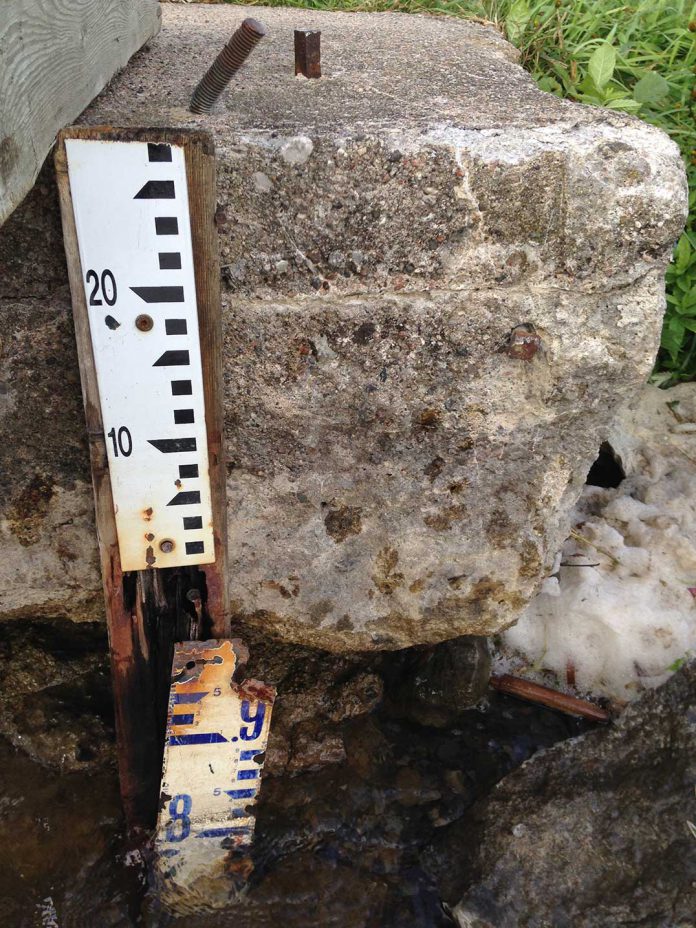SPRING BAY—Adding fuel to the calls through a petition spearheaded by a Central Manitoulin resident for the restriction of Garlon as a method of spraying used by Hydro One to remove trees and shrubs, and the news of a lawsuit and judicial decision made in the US ordering Monsanto to pay $289 million (as a jury ruled the weed killer killed caused a man’s cancer) comes news that a weed killing chemical sold under the name Roundup (with glyphosate, the active ingredient of the chemical herbicide sold under the name Roundup) has been found in several popular food products in Canada and in many agricultural and gardening products.
“This certainly helps our cause, calling for a ban of the use of herbicides,” said Petra Wall, of Spring Bay who has a petition signed by 518 residents calling for Central Manitoulin to ban the use of Garlon in the municipality.
In a story published by CTV News on September 9, it is reported that food products from Cheerios to Oreos to chocolate-glazed Timbits, a controversial weed-killing chemical has been found in several popular food products in Canada.
It was reported that a study commissioned by the advocacy group Environmental Defence Canada and independently conducted by California-based Anresco Laboratories, shows that 18 common food items were tested for glyphosate.
Although the issue remains hotly contested, several studies and court cases have linked the widely used chemical to cancer.
CTV News reported that in the Environmental Defence Canada study, traces of glyphosate were found in multiple children’s foods and snacks sold in Canada, including Kraft Dinner original macaroni and cheese, Ritz Original crackers, President’s Choice tortillas, two brands of hummus, breakfast cereals like General Mills Cheerios and Kellogg’s Fruit Loops as well as Tim Hortons chocolate glazed Timbits and sesame seed bagels.
And while the levels detected were in parts per billion—a minute amount that’s far below the levels deemed safe by Health Canada, which are set in parts per million-the fact that there are trace amounts of a weed killer in foods in the first place may surprise many Canadians, reported CTV NEWS.





